I need to write program to find the integer square root of a number which is thousands of digits long. I can't use Newton Raphson as I don't have data types to store and divide such large numbers. I am using a long array in C to store the number. Is there any algorithm to find the square root by maybe iterating over the digits?
Edit:
I can't use external library like GMP.
